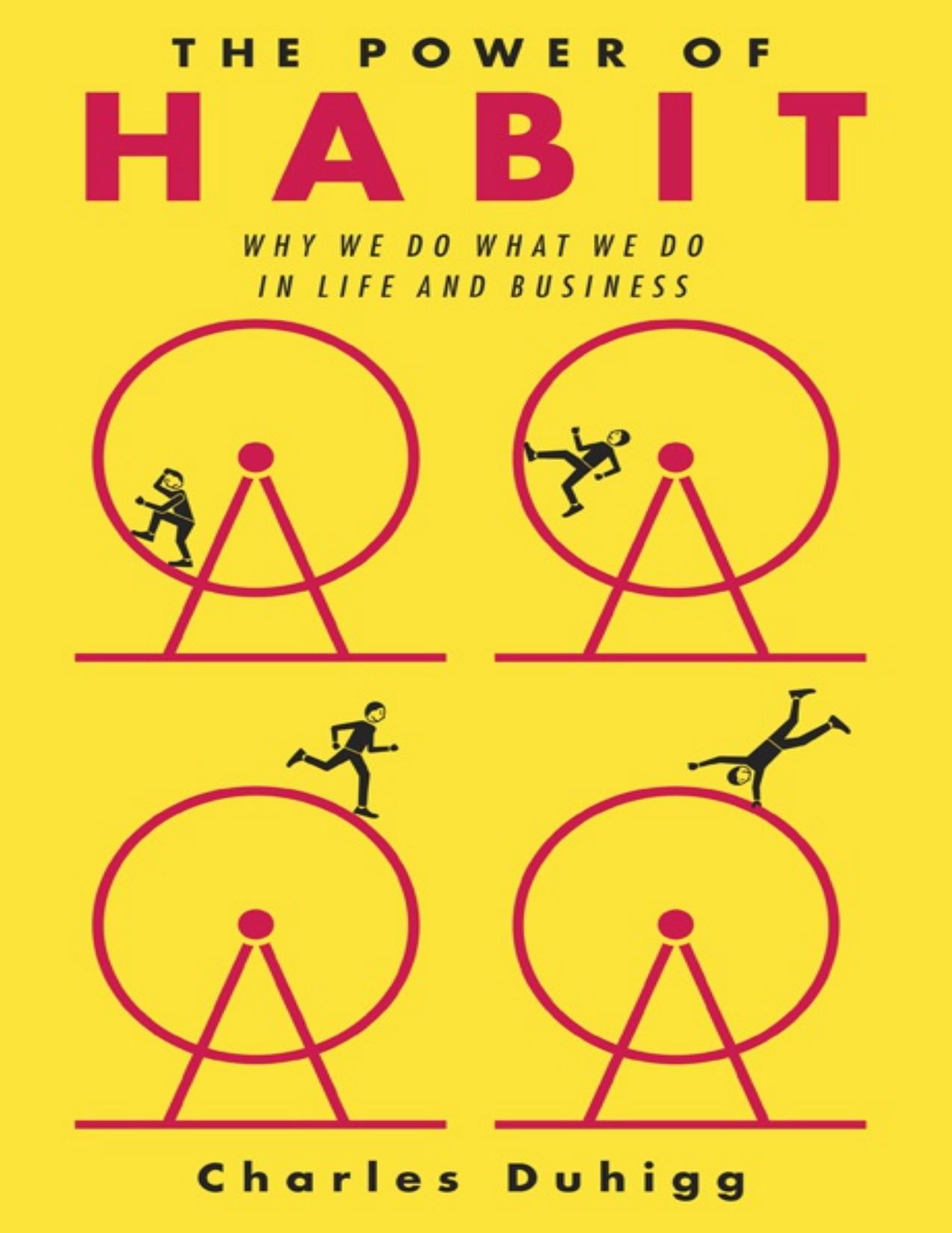The Power of Habit by Charles Duhigg

Author:Charles Duhigg [Duhigg, Charles]
Language: eng
Format: epub, mobi, pdf
ISBN: 978-0-679-60385-6
Publisher: Random House Publishing Group
Published: 2012-02-27T16:00:00+00:00
In 1984, a visiting professor at UCLA named Alan Andreasen published a paper that set out to answer a basic question: Why do some people suddenly change their shopping routines?
Andreasen’s team had spent the previous year conducting telephone surveys with consumers around Los Angeles, interrogating them about their recent shopping trips. Whenever someone answered the phone, the scientists would barrage them with questions about which brands of toothpaste and soap they had purchased and if their preferences had shifted. All told, they interviewed almost three hundred people. Like other researchers, they found that most people bought the same brands of cereal and deodorant week after week. Habits reigned supreme.
Except when they didn’t.
For instance, 10.5 percent of the people Andreasen surveyed had switched toothpaste brands in the previous six months. More than 15 percent had started buying a new kind of laundry detergent.
Andreasen wanted to know why these people had deviated from their usual patterns. What he discovered has become a pillar of modern marketing theory: People’s buying habits are more likely to change when they go through a major life event. When someone gets married, for example, they’re more likely to start buying a new type of coffee. When they move into a new house, they’re more apt to purchase a different kind of cereal. When they get divorced, there’s a higher chance they’ll start buying different brands of beer.7.7 Consumers going through major life events often don’t notice, or care, that their shopping patterns have shifted. However, retailers notice, and they care quite a bit.7.8
“Changing residence, getting married or divorced, losing or changing a job, having someone enter or leave the household,” Andreasen wrote, are life changes that make consumers more “vulnerable to intervention by marketers.”
And what’s the biggest life event for most people? What causes the greatest disruption and “vulnerability to marketing interventions”? Having a baby. There’s almost no greater upheaval for most customers than the arrival of a child. As a result, new parents’ habits are more flexible at that moment than at almost any other period in an adult’s life.
So for companies, pregnant women are gold mines.
New parents buy lots of stuff—diapers and wipes, cribs and Onesies, blankets and bottles—that stores such as Target sell at a significant profit. One survey conducted in 2010 estimated that the average parent spends $6,800 on baby items before a child’s first birthday.7.9
But that’s just the tip of the shopping iceberg. Those initial expenditures are peanuts compared with the profits a store can earn by taking advantage of a new parent’s shifting shopping habits. If exhausted moms and sleep-deprived dads start purchasing baby formula and diapers at Target, they’ll start buying their groceries, cleaning supplies, towels, underwear, and—well, the sky’s the limit—from Target as well. Because it’s easy. To a new parent, easy matters most of all.
“As soon as we get them buying diapers from us, they’re going to start buying everything else, too,” Pole told me. “If you’re rushing through the store, looking for bottles, and you pass orange juice, you’ll grab a carton.
Download
The Power of Habit by Charles Duhigg.mobi
The Power of Habit by Charles Duhigg.pdf
This site does not store any files on its server. We only index and link to content provided by other sites. Please contact the content providers to delete copyright contents if any and email us, we'll remove relevant links or contents immediately.
Rewire Your Anxious Brain by Catherine M. Pittman(17581)
Talking to Strangers by Malcolm Gladwell(11865)
The Art of Thinking Clearly by Rolf Dobelli(8836)
Mindhunter: Inside the FBI's Elite Serial Crime Unit by John E. Douglas & Mark Olshaker(7830)
Becoming Supernatural by Dr. Joe Dispenza(7100)
Change Your Questions, Change Your Life by Marilee Adams(6637)
Nudge - Improving Decisions about Health, Wealth, and Happiness by Thaler Sunstein(6629)
The Road Less Traveled by M. Scott Peck(6627)
The Lost Art of Listening by Michael P. Nichols(6465)
Enlightenment Now: The Case for Reason, Science, Humanism, and Progress by Steven Pinker(6404)
Win Bigly by Scott Adams(6306)
Mastermind: How to Think Like Sherlock Holmes by Maria Konnikova(6227)
The Way of Zen by Alan W. Watts(5790)
Daring Greatly by Brene Brown(5636)
Grit by Angela Duckworth(4729)
Big Magic: Creative Living Beyond Fear by Elizabeth Gilbert(4719)
Men In Love by Nancy Friday(4315)
Flow by Mihaly Csikszentmihalyi(4047)
The Four Tendencies by Gretchen Rubin(4018)
